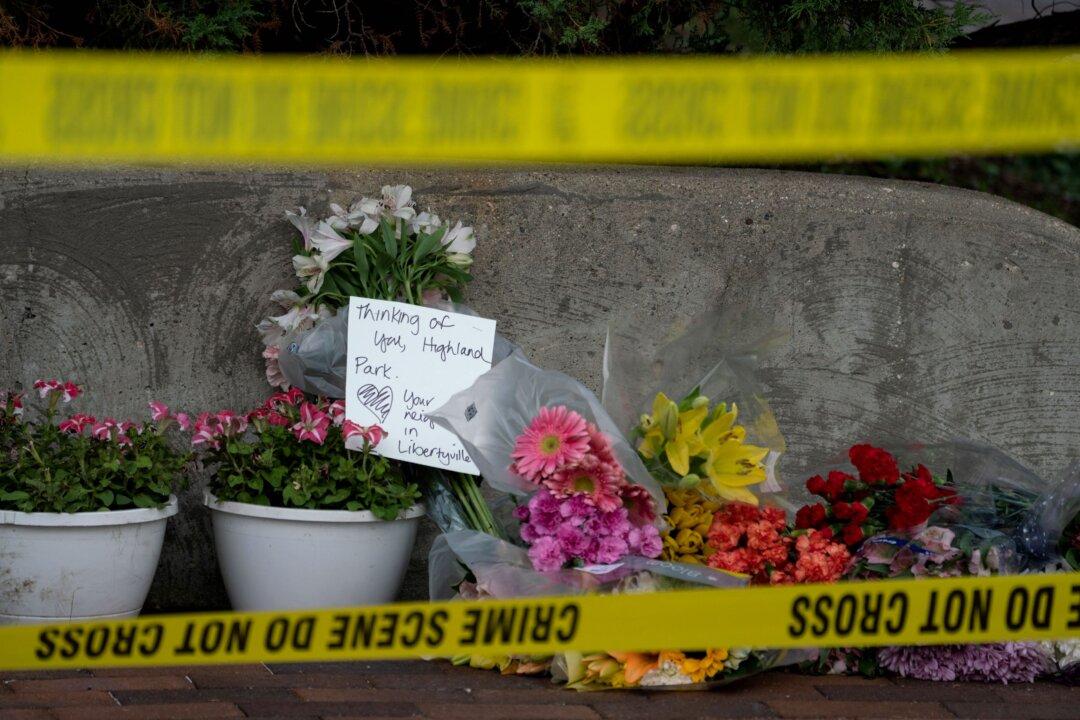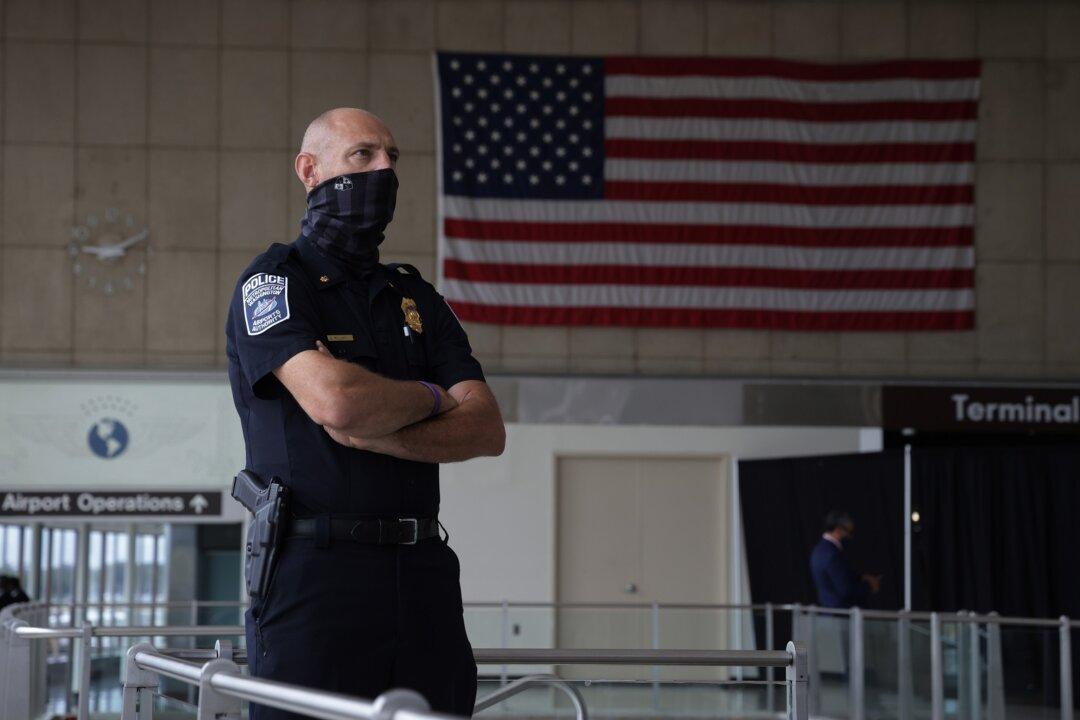WASHINGTON–An array of America’s leading intellectuals agreed May 3 that “multiculturalism”—described as the attempt by the West’s enemies to divide and conquer it—constituted a threat to what one called “Americanism.”
That term was described as the legacy of liberty and individualism conceived by the country’s Founding Fathers, ensconced in the U.S. Constitution, and which underwent a new birth of freedom after the Civil War.





